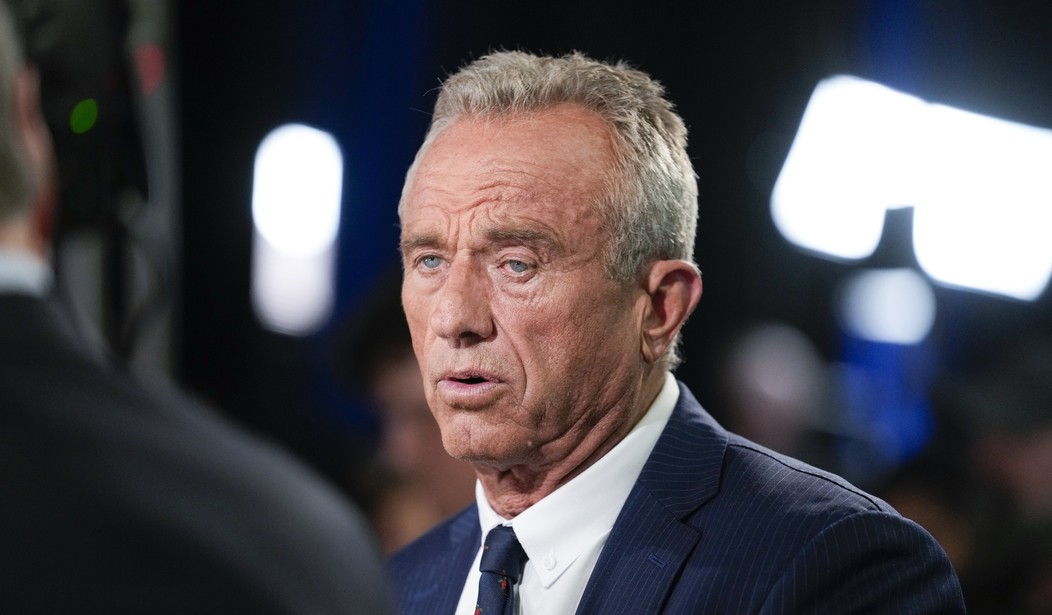With Robert F. Kennedy Jr. slated to head President-elect Donald Trump’s U.S. Department of Health and Human Services (HHS), Big Pharma is facing a rude awakening as its biggest source of funding is threatened.
One of Kennedy’s first orders of business would be to target pharmaceutical advertising, in which prescription drugs can be advertised directly to consumers or direct-to-consumer (DTC). The United States and New Zealand are the only countries permitted to do this.
As part of Kennedy’s Make America Healthy Again (MAHA) priorities, the former Democrat said he would issue an executive order banning pharmaceutical advertising on television.
“One of the things I’m going to advise Donald Trump to do in order to correct the chronic disease epidemic is to ban pharmaceutical advertising on TV,” Kennedy said while speaking to conservative commentator Tucker Carlson. “There’s only two countries in the world that allow pharmaceutical advertising on the airwaves. One of them is New Zealand, and the other is us, and we have the highest disease rate, and we buy more drugs, and they’re more expensive than anywhere in the world.”
The ban would end Big Pharma’s stranglehold over mass media and would ultimately halt the "brought to you by Pfizer” propaganda machine that has consistently funded the corporate media.
Recommended
According to an analysis, Big Pharma would “almost certainly” see their drug sales take a hit from a DTC ban because the return on investment for the ads is significant, with “estimates ranging as high as 100-500 percent, depending on the drug.”
Another report from MediaRadar found that DTC advertising swelled to nearly $7 billion in 2023, with ad buys exceeding $1 billion.
The United Kingdom-based research firm Intron Health considers RFK Jr.’s DTC ban one of its biggest threats.
In September, Kennedy called for a review of the new FDA guidelines, which require pharmacy ads to warn of drug side effects in a “clear, conspicuous, and neutral manner.”

























Join the conversation as a VIP Member